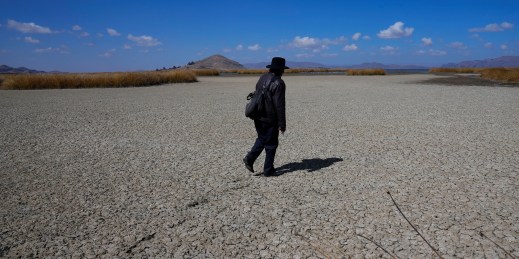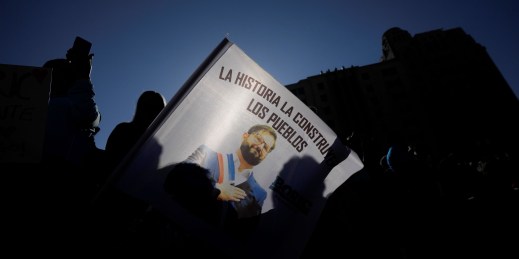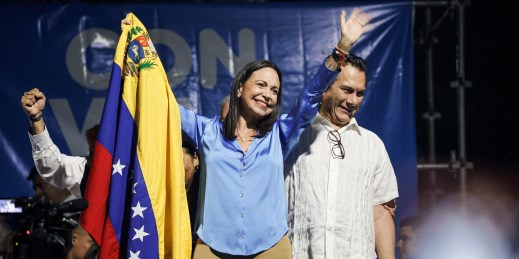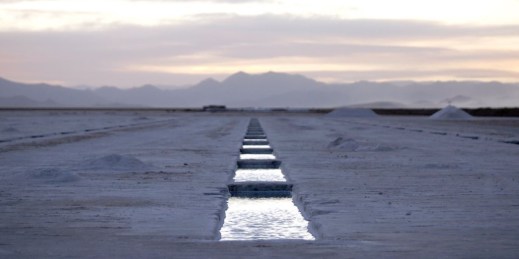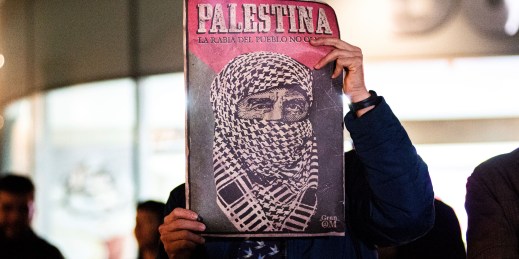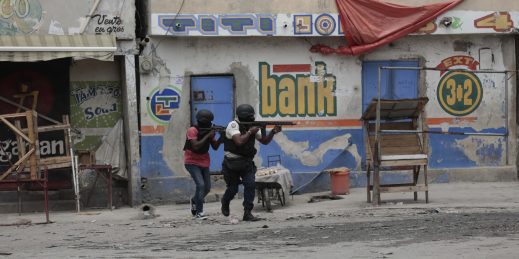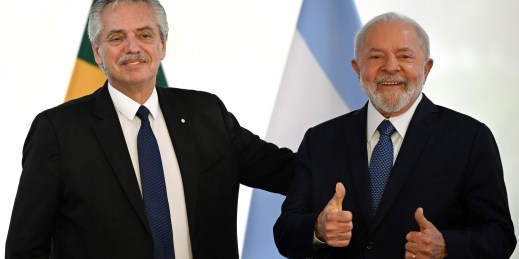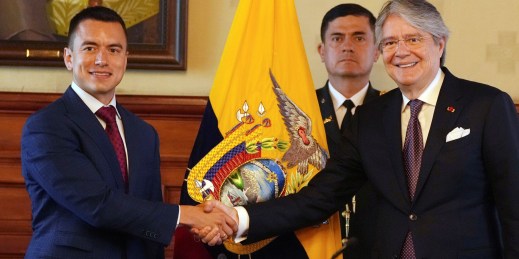
On Oct. 15th, Daniel Noboa, a 35-year-old business executive, won the race to be Ecuador’s next president, although due to the circumstances of the election, he will only get a shortened 18-month term. To subsequently win a full term in office for himself, Noboa needs to learn from outgoing President Guillermo Lasso’s failures.

